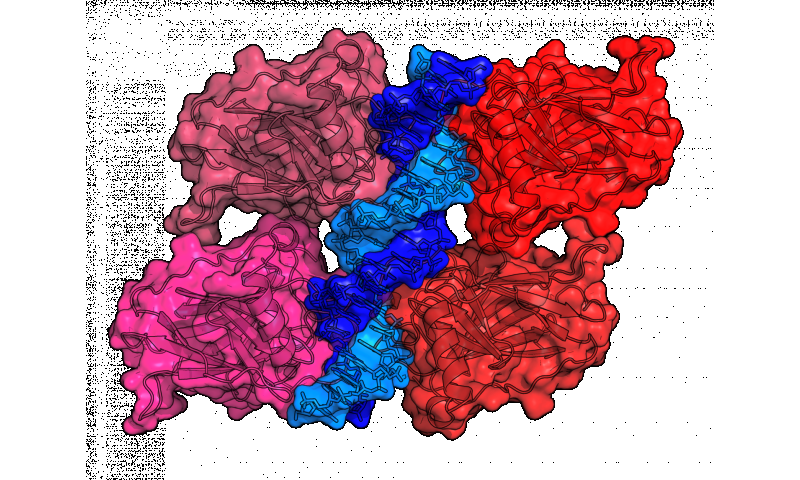
Leveraging advancements in nanotechnology, investigators from the Brigham have found that restoring p53 not only delays the growth of p53-deficient liver and lung cancer cells but may also make tumors more vulnerable to cancer drugs known as mTOR inhibitors.
In preclinical experiments, investigators restored p53 using synthetic mRNA nanoparticles, making lung and liver cancer cells susceptible to available cancer drugs
The tumor suppressor gene p53, also known as the guardian of the genome, plays a critical function in preventing cancer. Because of its powerful role, it is one of the most commonly compromised genes in cancer.
Investigators have long sought a way to restore the activity of tumor suppressor genes such as p53. Most recently, attention has turned to an approach developed at Brigham and Women’s Hospital that uses nanotechnology to deliver synthetic messenger RNA (mRNA). Leveraging advancements in nanotechnology, investigators from the Brigham have found that restoring p53 not only delays the growth of p53-deficient liver and lung cancer cells but may also make tumors more vulnerable to cancer drugs known as mTOR inhibitors. The team’s findings are published in Science Translational Medicine.
“mTOR inhibitors have been approved for the treatment of certain types of cancers but have not worked as well in clinical trials for many common cancers,” said co-corresponding author Jinjun Shi, Ph.D., a faculty member in the Brigham’s Center for Nanomedicine and Department of Anesthesiology. “We present evidence here that using the lipid-polymer hybrid mRNA nanoparticle platform we’ve developed to restore p53 may sensitize cancer cells to mTOR inhibitors. This represents a potentially powerful combination for cancer treatment.”
Shi and colleagues, including co-corresponding authors Omid Farokhzad, MD, MBA, (director of Brigham’s Center for Nanomedicine) and Wei Tao, Ph.D., (faculty in the Center), and first author Na Kong, MD, used a redox-responsive nanoparticle platform to deliver p53-encoding synthetic mRNA. The synthetic p53 caused cell cycle arrest, cell death and delayed the growth of liver cancer cells and lung cancer cells in which p53 had been depleted. In addition, synthetic p53 made the cells more sensitive to everolimus, a drug which is an mTOR inhibitor. The team reports successful results in multiple in vitro and in vivo models.
Past clinical trials of everolimus failed to show a clinical benefit in advanced cases of liver and lung cancer but found that response to the drug varied greatly between patients. Studies have also found that p53 is altered in approximately 36 percent of hepatocellular carcinomas (the most common form of liver cancer) and 68 percent of non-small cell lung cancers.
The authors note that further preclinical development and evaluation will be needed to explore that translational potential and scalability of the approach as well as its applicability to other p53 mutations and other cancers.
Source: Read Full Article
